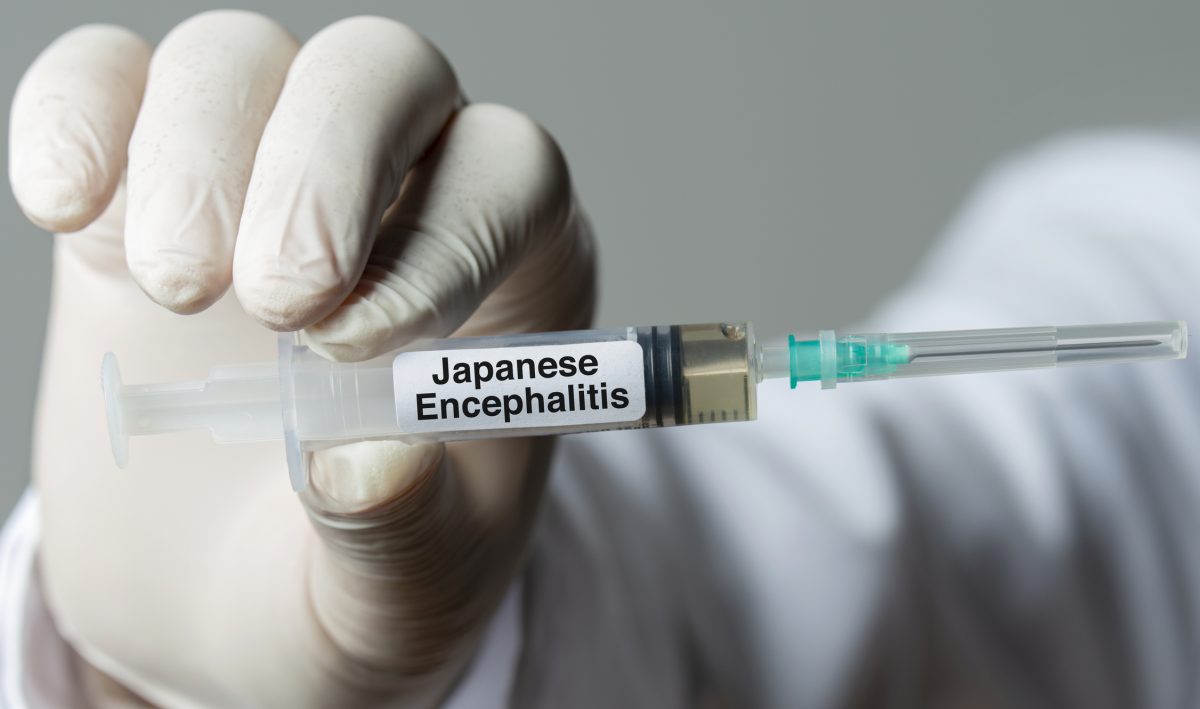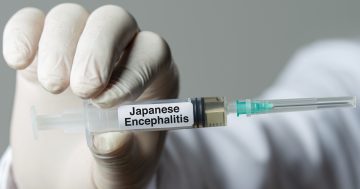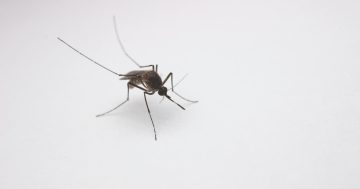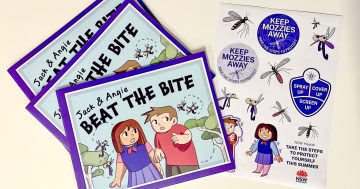
Access to the Japanese encephalitis vaccine is increasing in NSW. Photo: Kemalbas.
Some residents of Murrumbidgee Local Health District (MLHD) are now eligible for a Japanese encephalitis vaccine.
With access to the vaccine now expanded to include priority groups in high-risk local government areas, MLHD is urging people eligible for the vaccine to come forward.
Japanese encephalitis virus is a mosquito-borne that can be passed to humans and other animals, commonly pigs and water birds. Pigs in particular are considered amplifying hosts associated with transmission to humans.
Infection is usually asymptomatic or associated with mild symptoms in humans but can lead to severe diseases including chronic neurological sequelae or acute encephalitis, which can result in death.
The Japanese encephalitis vaccine is recommended for individuals who:
- Have direct exposure or close proximity to pigs and mosquitoes
- Work, reside or plan a visit to a piggery, pork abattoir or pork rendering plant (including but not limited to farm workers and their families and children aged two months and older living at the piggery, transport workers, veterinarians and others involved in the care of pigs)
- Work directly with mosquitoes (environmental health officers and entomologists)
- Work at diagnostic and research laboratories where workers who may be exposed to the virus
- Live and work in the Balranald, Murray River, Edward River and Griffith local government areas
- Are aged between 50 and 65
- Are employed in an occupation that is largely or totally outdoors (defined as spending at least four hours per day outdoors)
MLHD public health director Tracey Oakman said the Japanese encephalitis vaccine is available through local GPs for eligible people.
“If you meet the above criteria, we encourage you to make an appointment with your GP and advise them it is for the Japanese encephalitis vaccine,” Mrs Oakman said.
“However, you may need to give your GP a few days’ notice so they can order the vaccine.”
Expanding these priority groups ensures consistency of approach for NSW residents along the Victorian border, aligning with the approach in Victoria.
“Further expansion of the Japanese encephalitis vaccine program will depend on vaccine supply and findings from the community seroprevalence survey taking place in regional NSW,” Mrs Oakman said.
Japanese encephalitis is a common infection in the tropical regions of Asia and was detected for the first time in NSW in late February 2022. Since then, 13 people have been diagnosed with the virus in NSW, two of whom died.
All were estimated to have acquired the virus between mid-January and the end of February.













